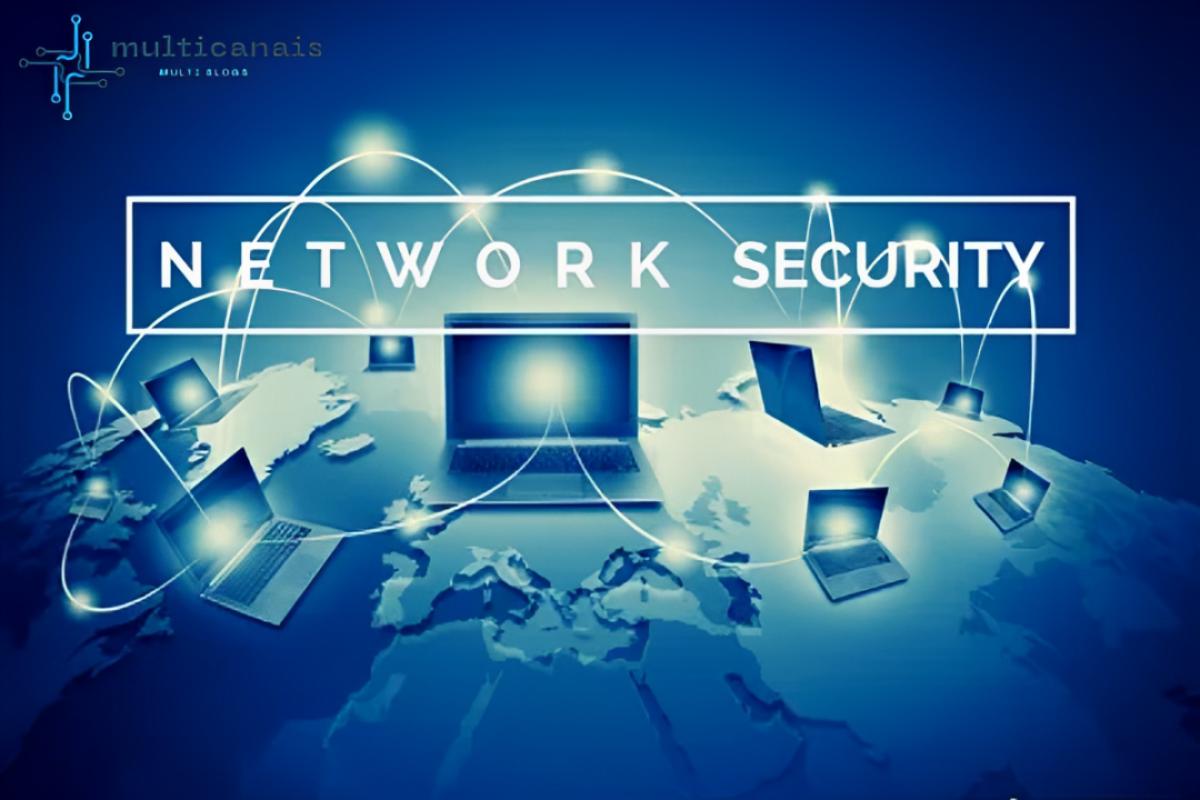In today’s digital era, network security is a top priority for businesses of all sizes. Whether you’re a small business owner, network security manager, or IT professional, understanding the role of advanced hardware in safeguarding your network can be your strongest defense against cyber threats. This blog post will explore how critical hardware components contribute to a secure network infrastructure, offering valuable insights and practical tips to help you strengthen your defenses.
Understanding Network Security
Network security involves protecting a network’s integrity, confidentiality, and accessibility. It encompasses policies and practices designed to prevent unauthorized access, misuse, or modification of network resources. The increasing complexity and frequency of cyber threats make network security an essential concern for businesses worldwide.
For small business owners, maintaining robust network security means protecting sensitive customer information and ensuring business continuity. Network security managers are tasked with implementing strategies to safeguard networks from potential breaches. IT professionals play a crucial role in maintaining and updating security systems to respond to emerging threats effectively.
The Importance of Hardware in Network Security
While software solutions often take center stage in network security discussions, hardware is equally important. Advanced hardware components form the backbone of a secure network, providing the physical infrastructure necessary to support robust security measures. From firewalls and routers to switches and telecommunication equipment, various hardware elements work together to keep networks safe.
Hardware-based security offers several advantages over software solutions alone. For instance, dedicated hardware components can handle large volumes of data traffic without compromising performance or security. They also provide an additional layer of protection by isolating sensitive processes from potential software vulnerabilities.
Firewalls: The First Line of Defense
Firewalls are one of the most critical hardware components in network security. They act as a barrier between your internal network and external threats, monitoring incoming and outgoing traffic to prevent unauthorized access. Firewalls can be hardware-based, software-based, or a combination of both.
Hardware firewalls are particularly effective because they operate independently of the host system’s software. This isolation reduces the risk of malware infiltration and ensures consistent performance even under heavy network load. For small businesses, investing in a reliable hardware firewall can significantly enhance network security.
Routers and Switches: The Backbone of Secure Networks
Routers and switches are essential components of any secure network infrastructure. Routers connect different networks and manage data traffic between them, while switches facilitate communication within a single network by directing data packets to their intended destinations.
Advanced routers and switches often come equipped with built-in security features, such as virtual private networking (VPN) support, intrusion detection and prevention systems (IDPS), and access control lists (ACLs). These features help protect your network from unauthorized access and ensure that data is transmitted securely.
Telecommunication Equipment: A Key Player in Network Security
Telecommunication equipment, such as modems and gateways, plays a crucial role in connecting your network to the outside world. Ensuring that these devices are secure is vital for maintaining overall network integrity. Many modern telecommunication devices come with built-in security features, such as encryption and authentication protocols, to protect against potential threats.
Regularly updating firmware and monitoring device performance can help identify vulnerabilities and mitigate risks associated with telecommunication equipment. By maintaining a secure connection to external networks, businesses can better protect sensitive data and maintain uninterrupted operations.
The Role of Encryption in Hardware Security
Encryption is a fundamental aspect of network security, and hardware-based encryption solutions offer enhanced protection for sensitive data. Hardware encryption involves using dedicated processors to encrypt and decrypt data, providing faster and more secure processing than software-only options.
Implementing hardware-based encryption can improve data transfer speeds and reduce the risk of unauthorized access or data breaches. For businesses handling sensitive information, such as financial institutions or healthcare providers, hardware encryption is an essential component of a comprehensive security strategy.
Intrusion Detection and Prevention Systems Strengthening Network Defenses
Intrusion detection and prevention systems (IDPS) are critical tools for identifying and responding to potential threats in real-time. These systems monitor network traffic for signs of suspicious activity and can automatically block or alert administrators to potential intrusions.
By integrating IDPS into your network’s hardware infrastructure, you can enhance your ability to detect and mitigate threats before they cause harm. This proactive approach allows businesses to stay ahead of cybercriminals and minimize the impact of security breaches.
The Benefits of Hardware Security Modules
Hardware security modules (HSMs) are specialized devices designed to protect cryptographic keys and perform encryption and decryption operations securely. HSMs are used to safeguard sensitive information, such as financial transactions or personal data, by ensuring that cryptographic keys are never exposed to unauthorized users.
For businesses handling high-value or sensitive data, incorporating HSMs into their security infrastructure can significantly enhance overall network security. HSMs provide peace of mind by ensuring that sensitive information remains secure even in the event of a system breach.
Regular Maintenance and Updates Ensuring Ongoing Protection
While investing in advanced hardware components is crucial for network security, regular maintenance and updates are equally important. Ensuring that your devices are running the latest firmware and security patches can help protect against emerging threats and vulnerabilities.
Regularly auditing your network infrastructure and conducting security assessments can also help identify potential weaknesses and areas for improvement. By staying proactive and vigilant, businesses can maintain a robust and secure network environment.
Collaborating with Security Experts Gaining a Competitive Edge
Working with network security experts can provide valuable insights and guidance for enhancing your network’s hardware infrastructure. These professionals can help design and implement customized security solutions tailored to your business’s unique needs and challenges.
Collaborating with security experts can give your organization a competitive edge by ensuring that your network is protected against evolving threats. By investing in the expertise of security professionals, businesses can focus on their core operations while maintaining a secure and resilient network environment.
Conclusion Building a Secure Future
In conclusion, advanced hardware components play a crucial role in network security, providing the physical infrastructure necessary to support robust protection measures. By understanding the importance of hardware in safeguarding your network, small business owners, network security managers, and IT professionals can make informed decisions to enhance their defenses.
Investing in reliable hardware solutions, such as firewalls, routers, switches, and telecommunication equipment, can significantly improve your network’s overall security. By staying proactive and vigilant, businesses can protect sensitive information, ensure business continuity, and maintain a competitive edge in today’s digital landscape.
More Read: Boost Transactions Efficiency with the All-New Paysystem Platform


1 thought on “How Network Security Relies on Advanced Hardware”